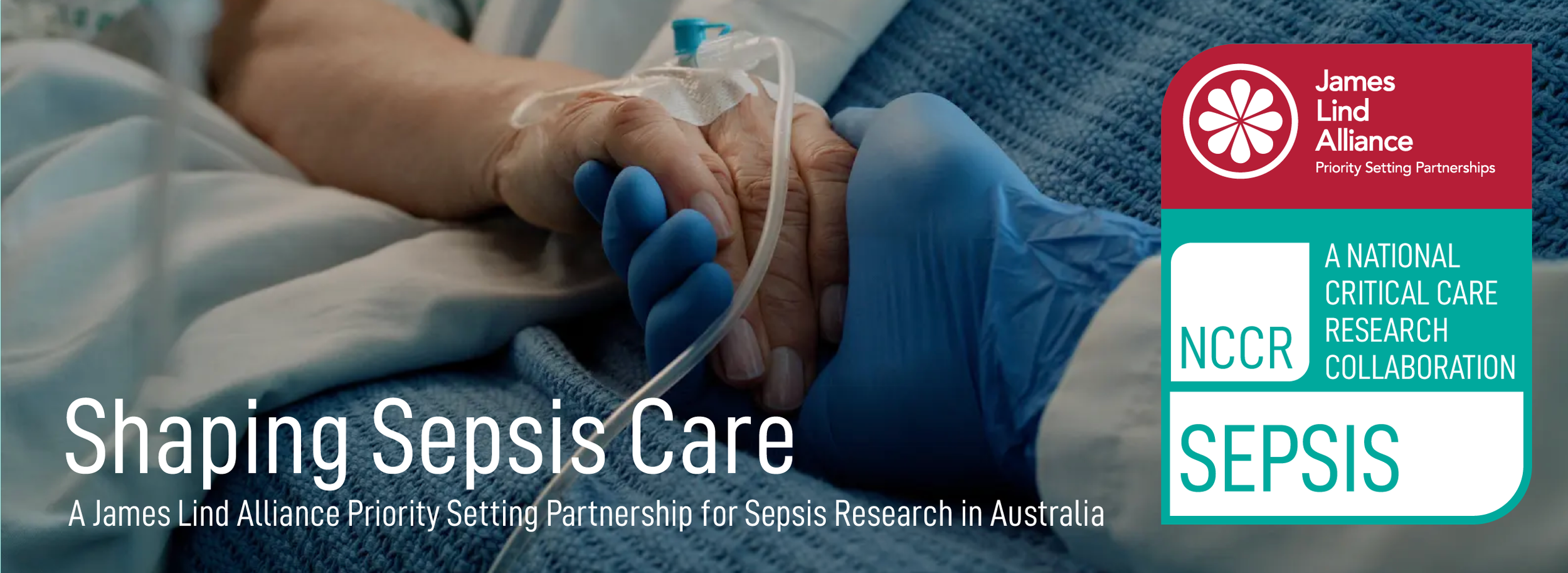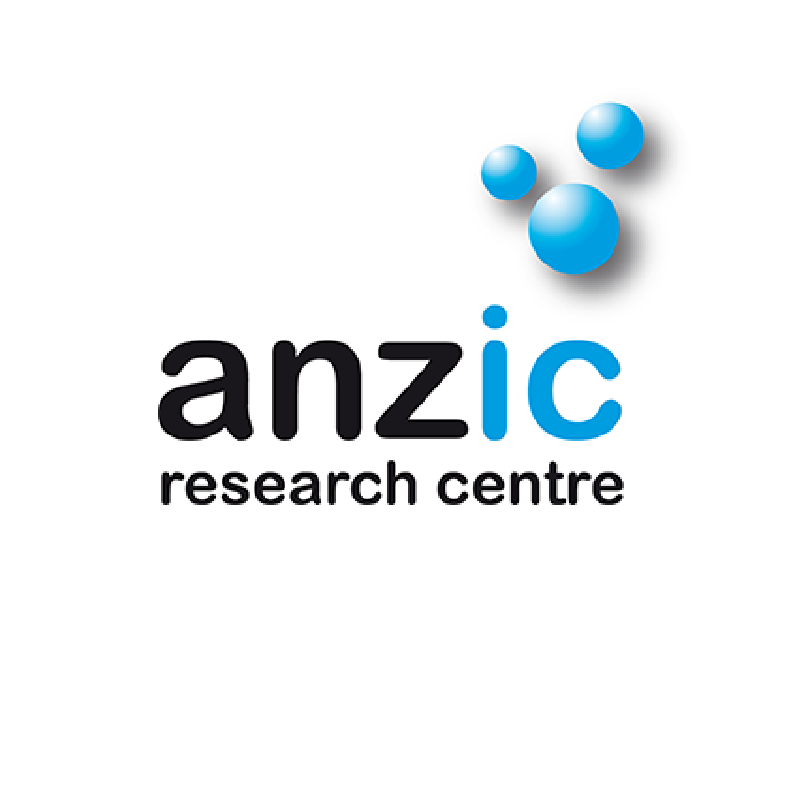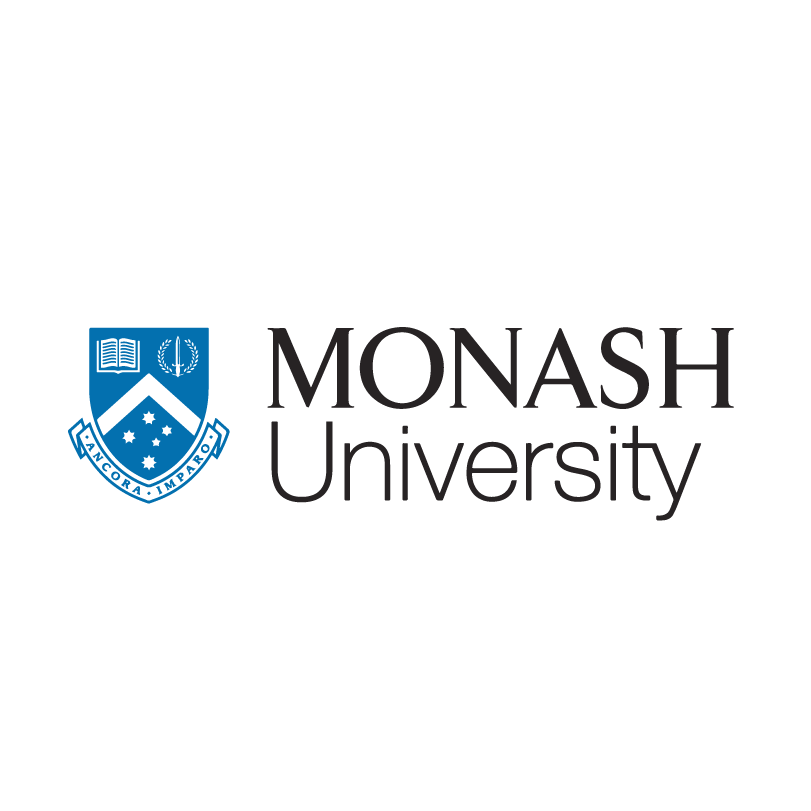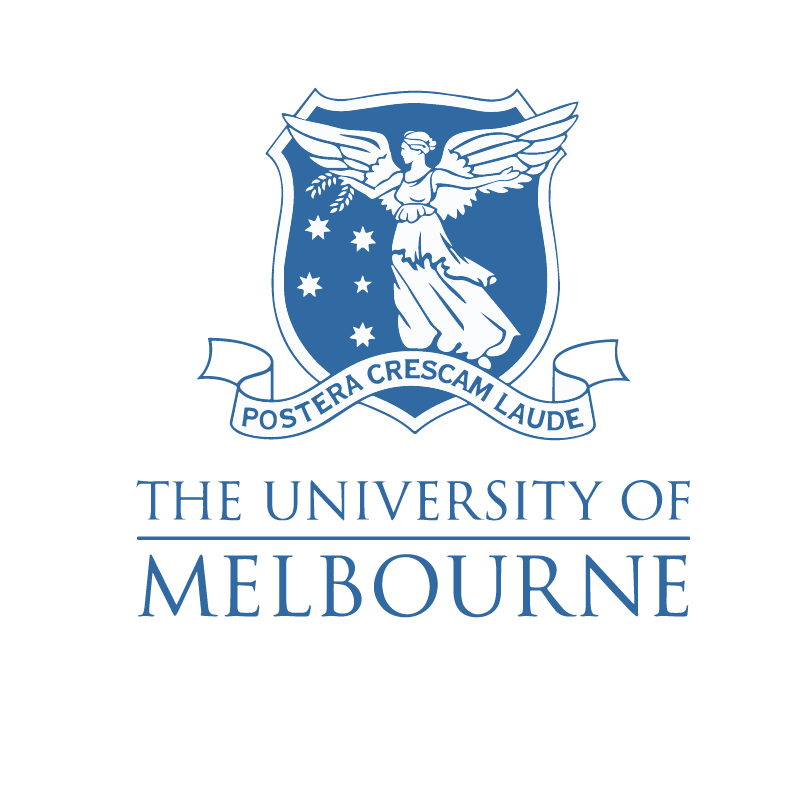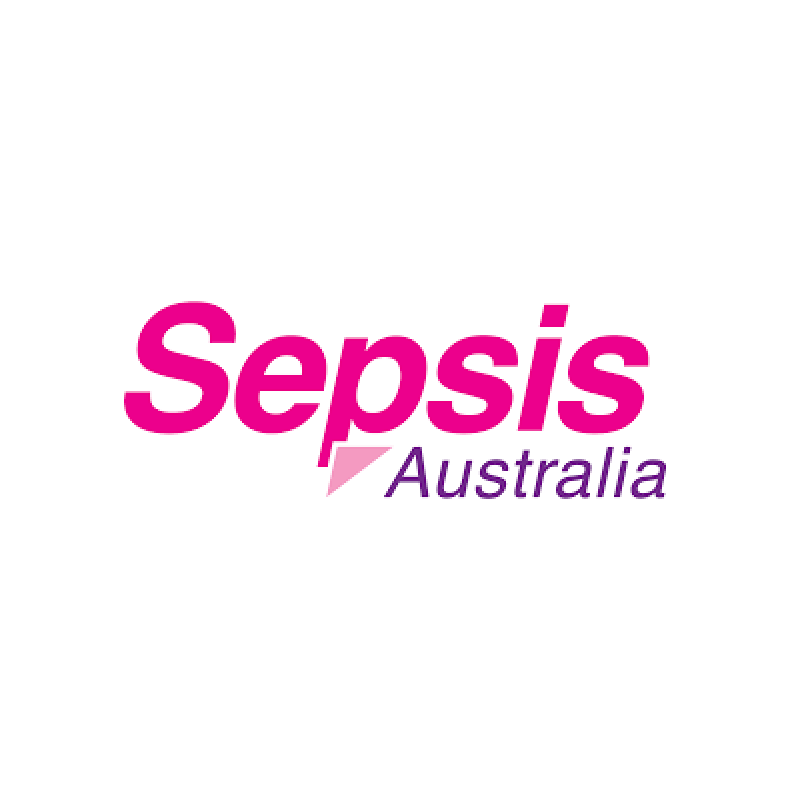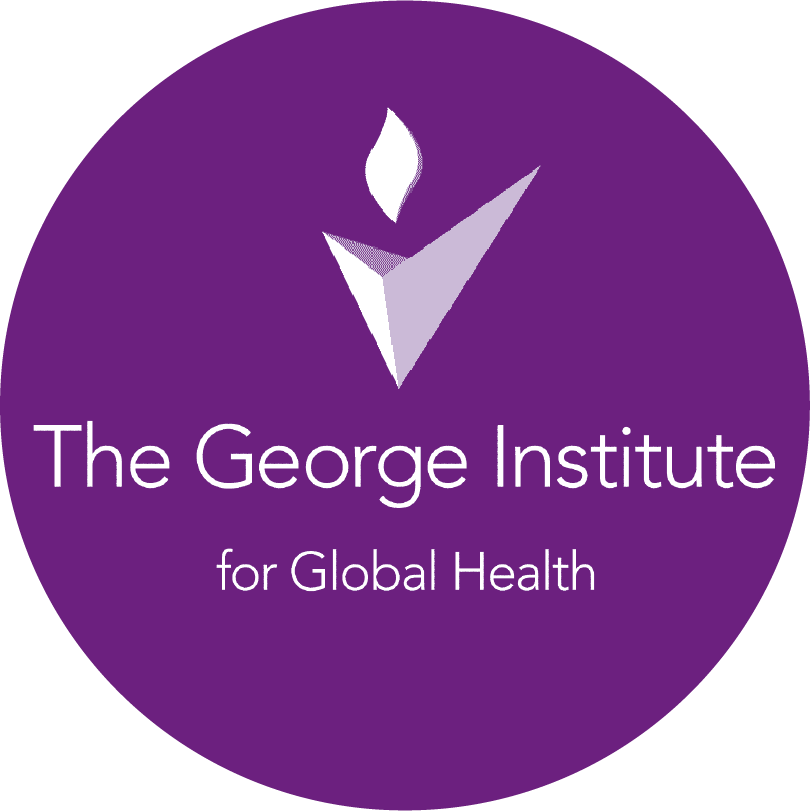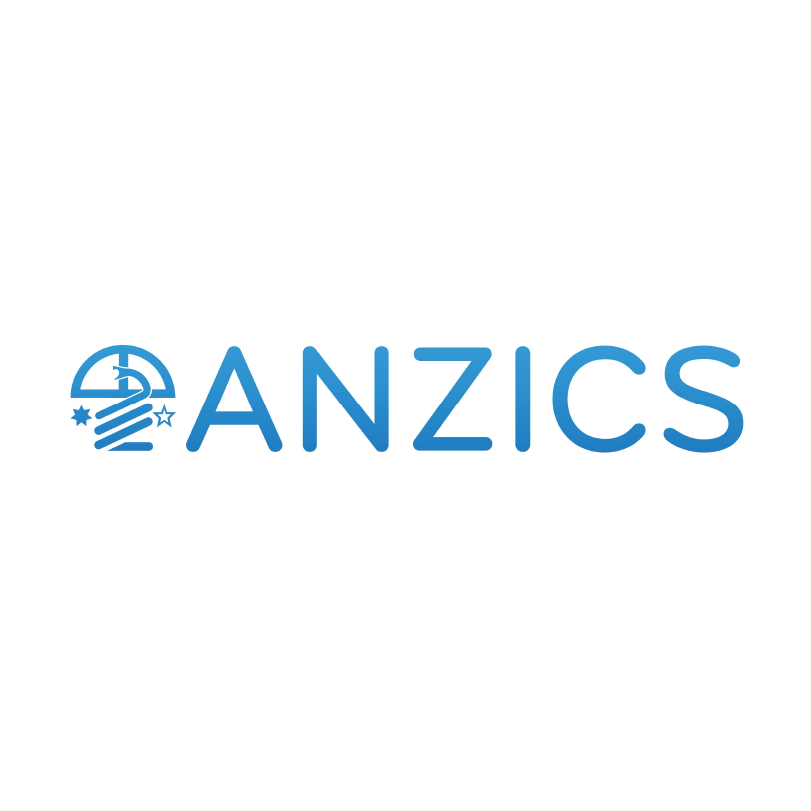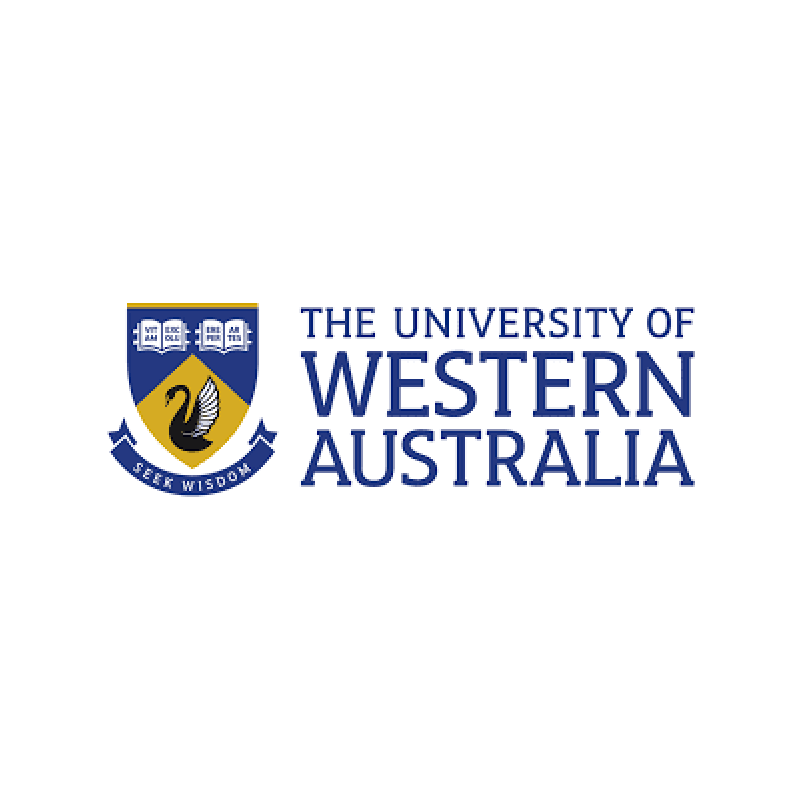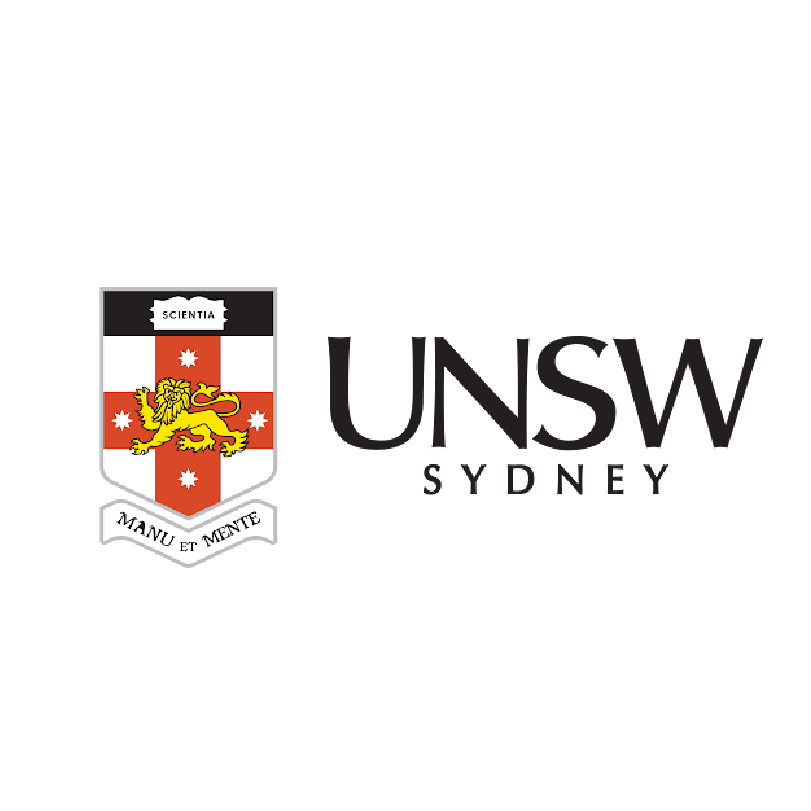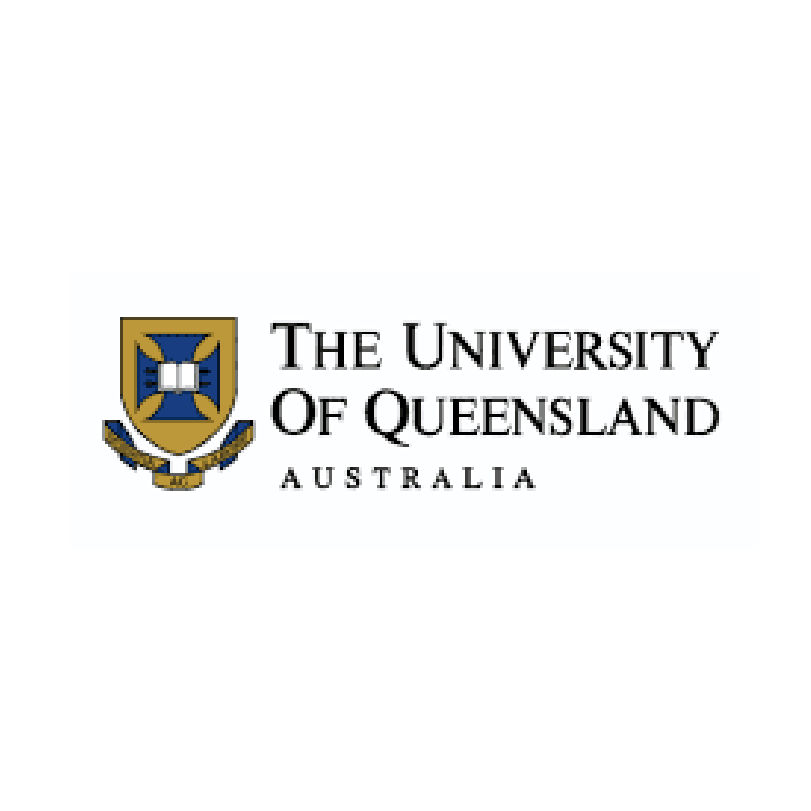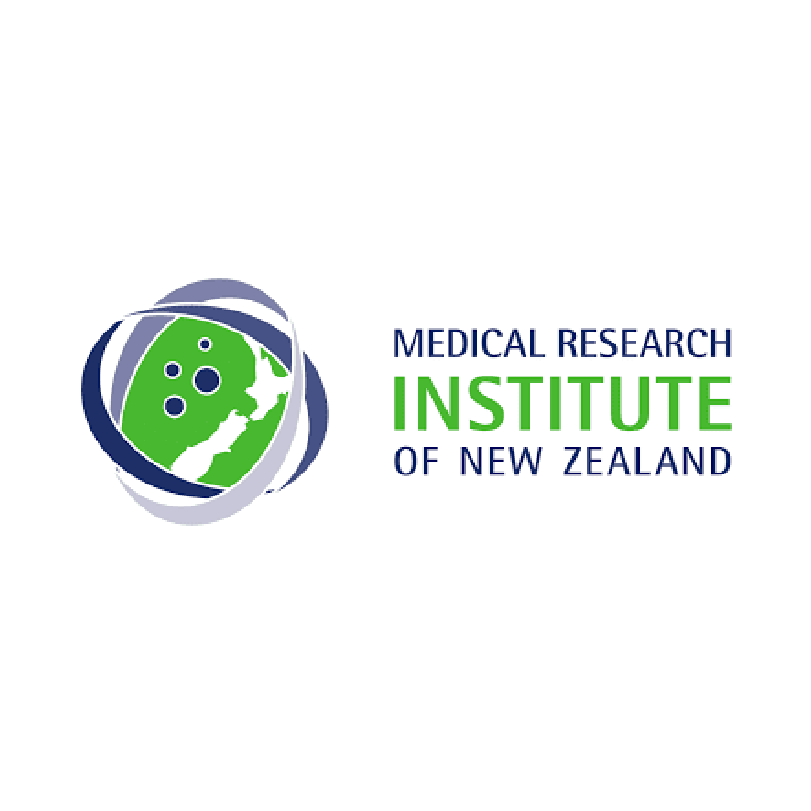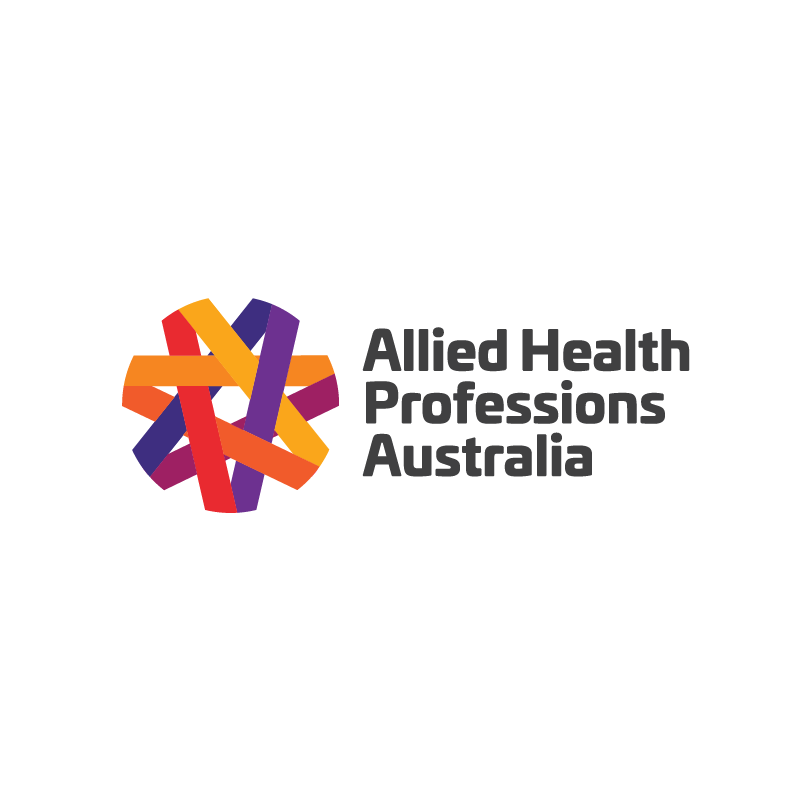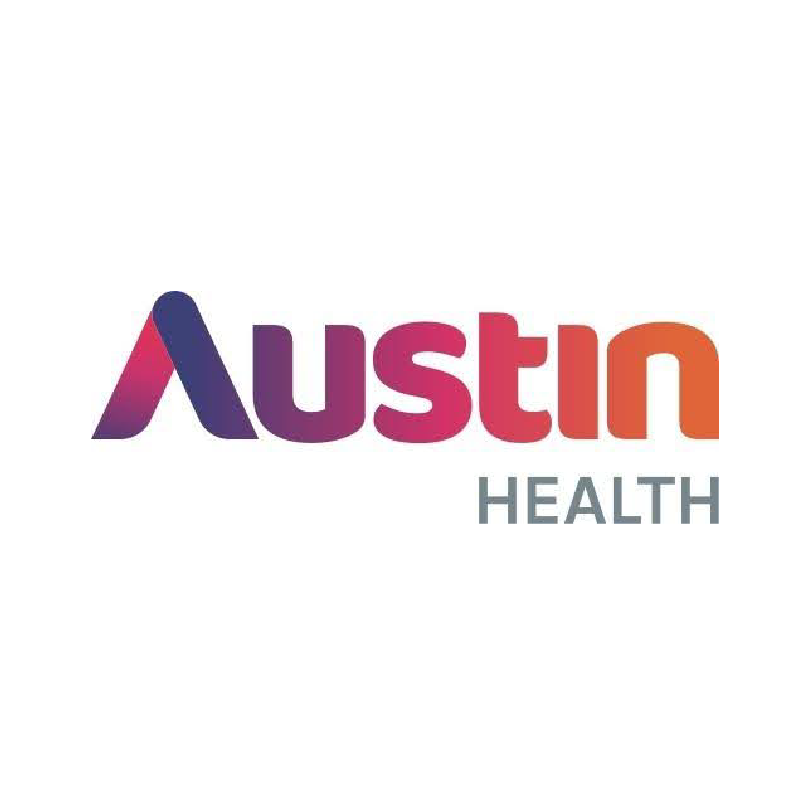Shaping Sepsis Care is a new Australian study that brings together patients, carers, and healthcare professionals to identify and rank the most important unanswered research questions about sepsis.
Led by the National Clinical Care Research (NCCR) Collaboration, it is part of a new Priority Setting Partnership in conjunction with the UK’s James Lind Alliance (JLA).
The aim of Shaping Sepsis Care is to highlight research that could significantly improve sepsis treatment and patient outcomes.
The study will use surveys to determine a Top 10 list of key research priorities in sepsis care and inform the development of the Australian Sepsis Research Roadmap – a guide for researchers and funders to focus on the most impactful studies.






For mobile users rotate to wide view.

